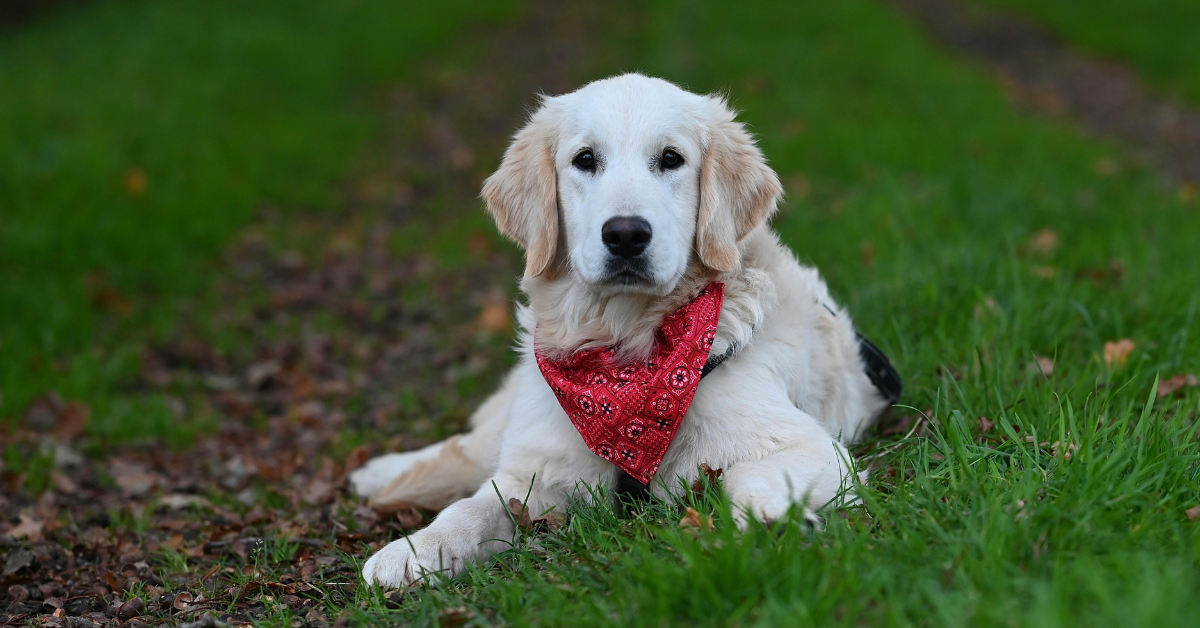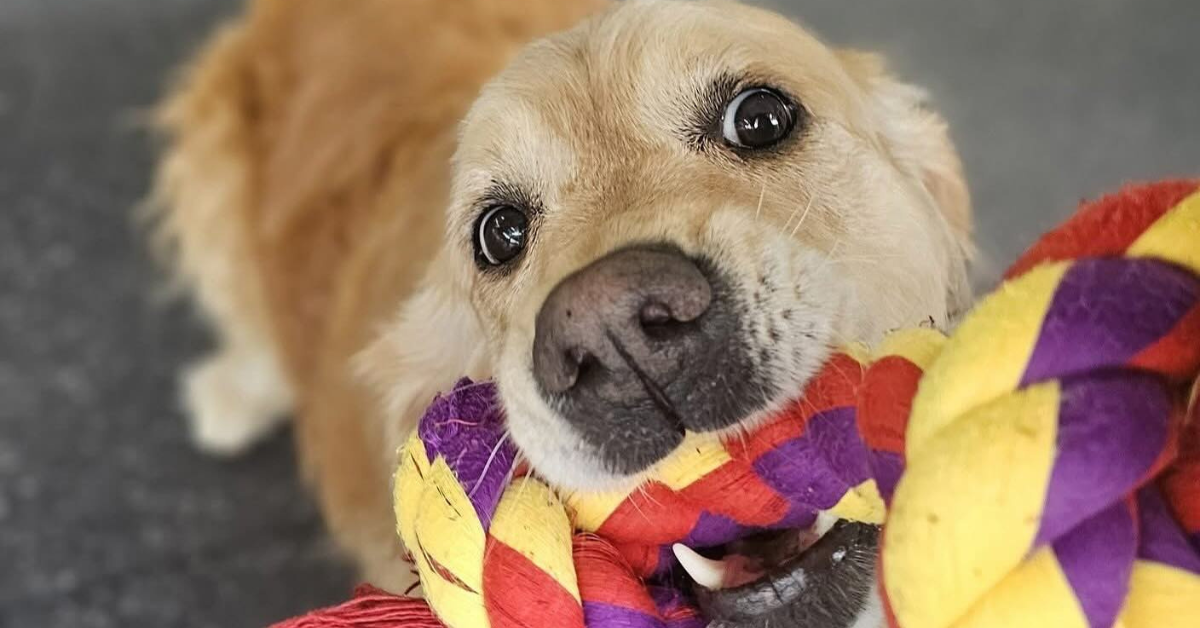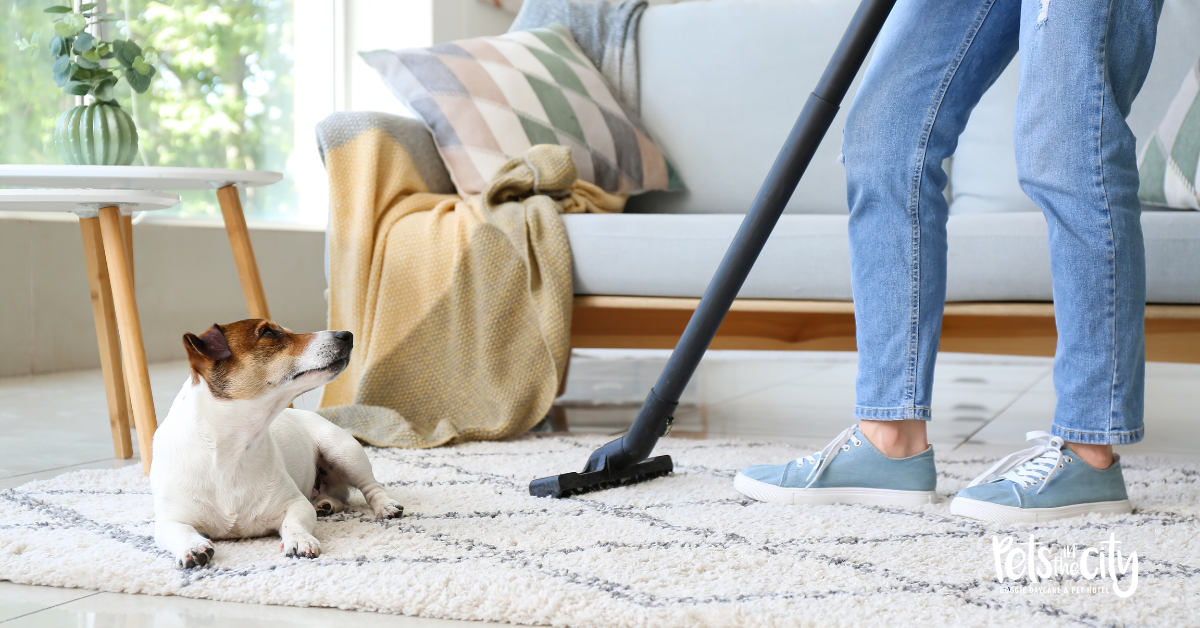Is dog day care actually worth the cost? What do dogs get out of it?
If you’re an Auckland dog parent weighing up day care costs, you’re not alone. Busy workdays, winter darkness, and travel plans can leave even the...
6 min read
Layamon Bakewell, Pets In The City
:
9/10/2025 8:49:30 PM

If you’ve just welcomed a new puppy into your Auckland home, you’re probably wondering: what’s the best age to start training a puppy. Is younger always better? The short answer: start early, but start right.
In this guide, we explain the ideal timing for puppy training in NZ, how to navigate crucial socialisation and fear periods, and the ways Pets in the City supports happy, confident pups through daycare, training, wellness and more.
Begin basic training as soon as your puppy arrives at home. In New Zealand this usually happens at seven or eight weeks. At this stage you build habits more than obedience. Keep sessions short, positive, and focused on safety and calm life skills.
If the workload overwhelms your puppy, younger is not better. Plan brief, fun reps and plenty of naps rather than marathon lessons. You set the foundations for a confident Auckland dog that handles urban streets, beaches, and busy public spaces.
What to teach first (3-5 minutes, 2-3 times per day)
A simple first-eight-weeks-at-home plan
Pro Tip: End each session while your puppy still wants more. Success today fuels eagerness tomorrow.
Common Mistake: Delaying training until after full vaccinations. You can start at home straight away and introduce safe socialisation before the final shots.
People also ask:
Is six months too late to start puppy training?
No. Begin now. Distractions rise in adolescence but reward-based work still applies. Keep sessions short and steady.
Clicker or marker word?
Either works. A clicker offers precision. A clear “Yes!” is fine. Just stay consistent.
How do I know I’m overtraining?
If your puppy disengages, sniffs the floor, or lies down mid-session, you have gone too long. Shorten the next session.
Between three and sixteen weeks your puppy forms lifelong opinions of the world. In Auckland you can introduce sights, sounds, surfaces, people, and other dogs in calm, controlled steps.
Quality beats quantity. Aim for curiosity and recovery rather than flooding your pup. If your puppy seems unsure, ease back. Offer treats and let them observe at a safe distance. Two or three positive exposures in a day work well.
Safe socialisation before full vaccinations
Auckland-specific ideas
Pro Tip: Build a yes list. Write ten everyday Auckland items - buses, prams, tradie vans, seagulls, skateboards. Spend one to two minutes per day pairing each with treats at a distance your puppy finds comfortable.
Common Mistake: More is not better. Five minutes of calm, positive exposure beats a stressful 30-minute outing.
Puppies go through fear phases at about eight to ten weeks and again near six months. A once-brave pup might spook at a wheelie bin, scooter, or flapping flag. This phase passes with the right response.
Keep training light during fear phases. Give your puppy space. Pair triggers with tasty treats. Avoid moving them closer than they’re ready for. Your calm, upbeat tone matters more than speeding the process.
What to do in a fear phase
When to get extra help
Seek a force-free trainer or your vet for guidance. Look for methods that use rewards and clear handling policies. Learn more about our approach here.
Consistent, kind routines help city pups thrive. If your schedule is busy, outside support keeps training on track while preserving your puppy’s sleep, social skills, and confidence.
We use force-free, reward-based methods. We focus on real-life skills for Auckland families - calm greetings, reliable recall, good play, and handling tolerance. We stand among other local options. Pick the fit that aligns with your values and vet’s advice.
Ways we can assist
Our values and community work
Pro Tip: Ask providers - ours or others - about staff-to-dog ratios, playgroup matching, and their approach to shy or over-excited pups. Transparency signals quality care.
New Zealand’s pet sector grows steadily. Values-led, welfare-first businesses stand out. If you explore ownership, look for clear training policies, diverse revenue streams, and solid operational support.
Pets in the City offers a path for ethical pet-care business ownership. We combine training, daycare, grooming, boarding, and retail under one woof. Discover our franchise pathway here.
When should I start puppy training sessions, and how long are they?
Begin at seven to eight weeks with three to five minute sessions, two to three times per day. Keep sessions upbeat and reward-based. End each session on a positive note.
What if I missed the 3-16 week socialisation window?
You have options. Move slowly. Pair new experiences with treats. Keep distance from scary triggers. Use supportive group training to rebuild confidence.
Do I need to wait until my puppy is fully vaccinated to socialise?
No. Start safe socialisation right away at home and in low-risk spots. Carry your puppy in public. Host vaccinated dog visitors. Choose reputable puppy classes with hygiene protocols. Always follow your vet’s vaccine schedule.
Is six months too late to start training?
Not at all. Many pups “switch on” between five and seven months. Expect more distractions. Stick to short, consistent, reward-based sessions.
How many walks should a puppy have in Auckland?
Use the five-minute rule: about five minutes of structured lead walks per month of age, up to twice daily. Add free sniffing and play. Avoid long runs or stairs for growing joints.
What should I bring to puppy class?
High-value treats, a flat collar or well-fitted harness, a one-point-five to two metre lead, and a settle mat. Skip a big meal right before class.
Should I use a crate or a playpen?
Both work. Many Auckland homes use a pen with a crate inside for sleep and a toilet area outside. Ensure your puppy rests enough - around 16-20 hours each day - and has calm downtime.
Auckland Puppy Training Starter Checklist
If you’d like friendly, force-free support in Auckland, explore:
Ready to help your puppy thrive in Auckland? Contact us to get started.

If you’re an Auckland dog parent weighing up day care costs, you’re not alone. Busy workdays, winter darkness, and travel plans can leave even the...

Your complete Auckland-proof plan for turning Guy Fawkes from "Boom-pocalypse" to "Bunker-and-Chill" Why Your Dog Thinks the Sky is Falling (And Why...

If you’ve just welcomed a new pup into your Auckland home, you’ve probably heard that “socialisation is everything.” But what does that really mean,...